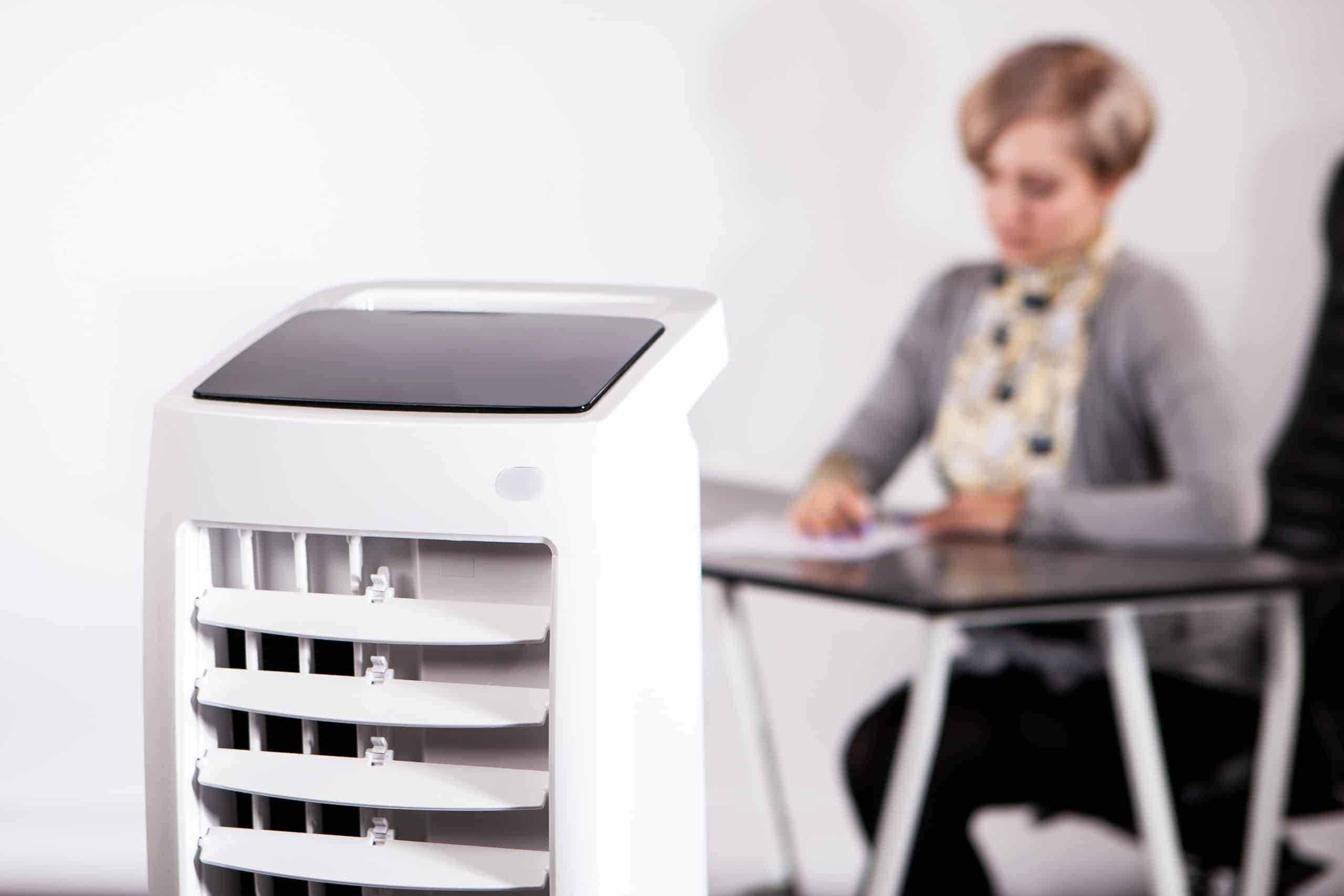Why Is My Portable Air Conditioner Not Cooling?
Do you have a portable air conditioner in your home?
According to the New York Times, nearly ninety percent of people in the United States depend on air-conditioning to help them get through the steaming hot summer months. While some are considering buying new, high-end AC units, others face considerable issues with system problems or repairs.
One such instance is not getting the proper cooling. We will answer the main factors that cause your portable aircon to stop cooling and find the right solutions.
Dirty Air Filters
Cleaning your air filters is perhaps the most crucial thing towards maintaining a healthy environment with breathable, fresh air. But it’s not only that. Clean filters further promote air circulation without forcing the motor, preventing system overheating or motor burnouts.
If you find it impossible to clean the filters, make sure to find a proper make of replacement filters for your specific unit in a timely manner. However, if you can clean the filters, remove them from their frame to wash them with a solution of mild detergent and warm water at least once a month. Know that with certain types, such as HEPA filters, you can even shake loose any dust build-ups.
Note: always make sure the filter is completely dry before putting it back in place.
Incorrect Sizing – Your Aircon is Too Small
The size of a portable air conditioner is yet another factor that may influence insufficient cooling. However, what we would like to point out here is that size refers to its cooling power potential, not the unit’s physical dimensions.
In a nutshell, the cooling power of an air conditioner is measured in British Thermal Units or BTU ratings, which should align with the room’s size. The problem with cooling arises when a unit lacks the necessary BTU to influence your room’s temperature.
To discover the right portable air conditioner, you need to measure your space by multiplying the room’s length by width. A rule of thumb is that one AC unit needs roughly 20 BTU per square foot of floor space for ideal cooling.
Low Refrigerant Levels
Another reason your portable air conditioner is not cooling may be low refrigerant levels.
Refrigerants are usually fluids that use alteration of chemical state to trap and dispose of heat. When not releasing cool air, your portable air conditioner may be lacking the right amount of refrigerant.
As refrigerants never get used up, you might want to check whether your air conditioner leaks in the circuit. If this is the case, find a specialist to quickly fix it and refill in the right amount of this working fluid.
Broken Thermostat Sensor
A thermostat sensor monitors air temperature and adjusts the cooling according to the room’s temperature. When not working correctly, your sensor can cause your air conditioner to behave erratically as it’s not going to give the right signals on when to turn on or off. This means blowing out warm air when it’s supposed to cool the room or vice versa.
If you want to check whether there’s something wrong with the sensor, its location is near the evaporator coils within your air conditioner unit.
However, the best way to fix this problem is by getting in touch with an AC repair specialist near you. We don’t recommend fixing it yourself unless you have the necessary skills to repair an AC unit.
The Humidity Is High
Not always your portable AC is to blame for not cooling your room properly as there sometimes can be another culprit: the environment. In rooms with high humidity, your portable cooler absorbs quite a lot of moisture that needs to be emptied out regularly.
To save yourself from repeatedly doing this job, you can install a drain hose that automatically empties liquid from the condensate tank.
Your Portable AC Unit Needs Replacement
The average lifespan of a regular portable AC unit is ten to fifteen years, with HVAC systems lasting as long as twenty years. If your AC is older than this and starts to show off problems such as bad airflow, moisture or leakage, squeaky sounds, or is simply not cooling properly – it might need a replacement.
Final Takeaway
To avoid problems with your portable air conditioner, you should regularly have your unit checked or serviced. The best time is after two or three months of constant usage. Another highly important thing is proper maintenance which means regular cleaning to even the most intricate parts of the machine.


